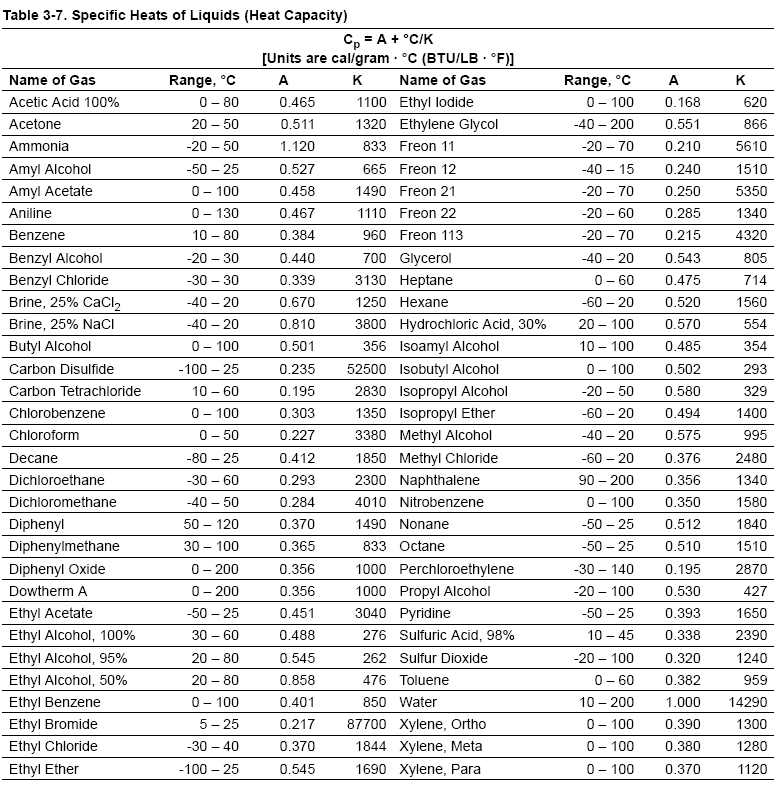If everything goes according to plan I should be able to post some test results by the end of the weekend or sometime next week.
http://www2.ucdsb.on.ca/tiss/stretton/Database/Specific_Heat_Capacity_Table.html
Liquid water has a very high heat capacity, so it takes a lot of energy to make it warmer - there are few substances that are better than water at room temperature and that are liquid (ammonia might be better, but that's a nasty one and would need to be put under pressure to not evaporate).
The coolant might have a higher heat capacity, but it would be an outlier then. Most don't come close to water.
(I hope science qualifies as 2nd hand experience)
What is the waterless coolant in question made of?
In my first post in this topic I specifically mentioned that depending on what the coolant is made of, it might be worse than water. might. I did not say it will be worse than water...
But to be honest it would be quite a feat if they managed it with this coolant and power plants might start using it to transport heat.
I understand and agree, but the fact remains several have said it won't work or will be worse, which it may well be, without knowing even what chemical it is. I'm just getting tired of people always posting what will or won't work without having any experience in the topic and shooting down new ideas which could make things work better.
In a situation like this an automotive tool may work better. Lord knows I have brought my knowledge in other fields into working on 18 wheelers and have made things easier and more efficient when I did so. In fact, the shop at my company has changed a few things they have done for 20 years because of that.
I agree there's nothing wrong with trying it (in a test system first) and it might lead to a good result.
If @OscarS tries it it would be nice to get a comparison with distilled water to have a baseline to compare it to.
You are absolutely correct, as someone who drag raced for over 20 years I can attest to the fact that any racer would run antifreeze if they could but not for any type of thermal advantage, to stop rust and corrosion that is always present in a motor that runs straight water....
The bottom line here is that it will probably work just fine in a closed system like a computer cooling loop, whether it will have any detrimental effects on the components of the loop will either show themselves right away in the form of leaks, if that's not a issue it will be a very long time before anyone would know if it had long term effects on the components, as long as the viscosity is light enough to not damage the pump it should run for years, if it is efficient or more efficient will be very hard to determine without a lot of testing and scientific data compiled between two identical systems running different coolants.